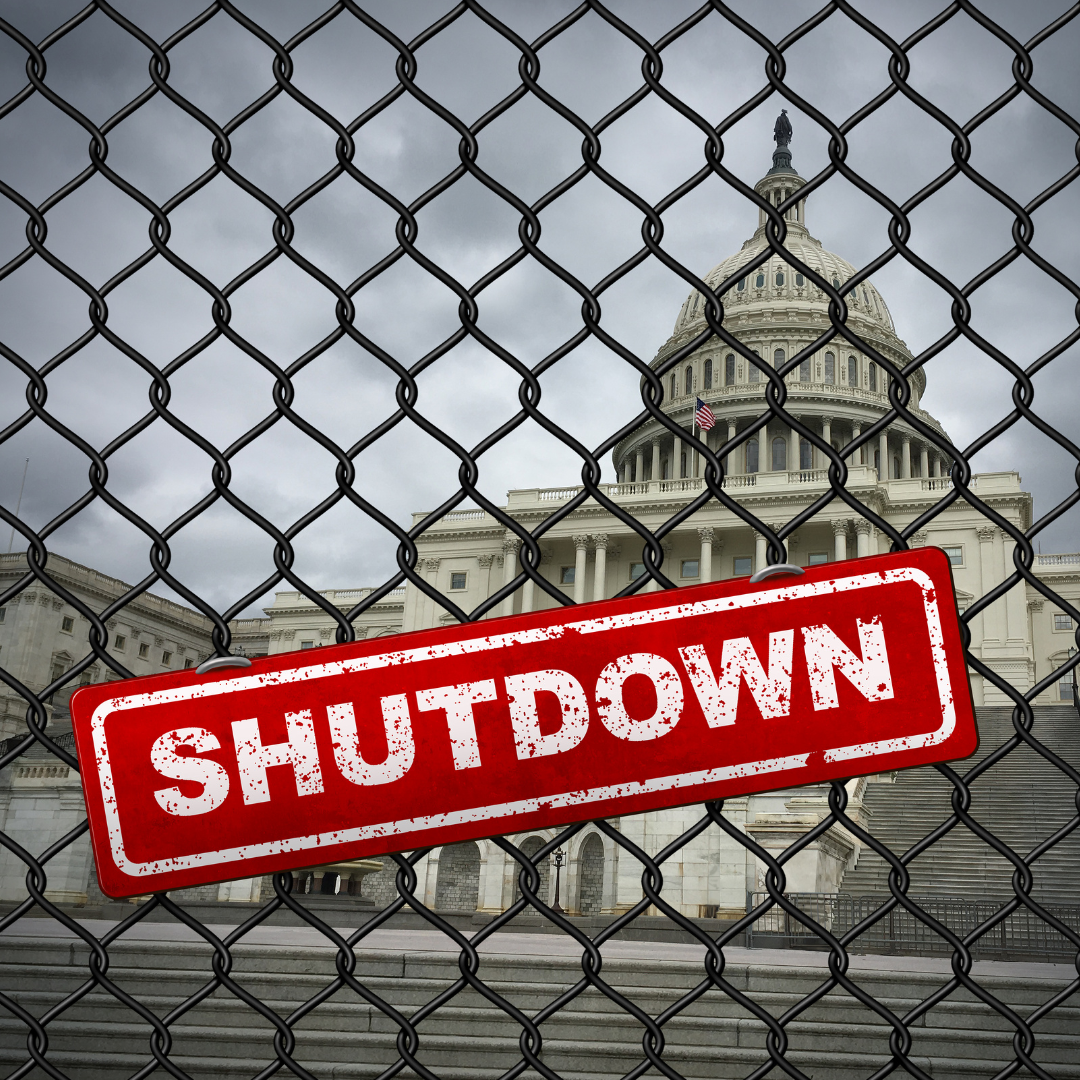Recent political conflict has made a US government shutdown seem likely.
A government shutdown occurs when federal agencies do not receive any appropriations (which determines budgets for specific purposes) from congress. These appropriations come in the form of 12 annual bills that, if failed to be enacted, will cause federal agencies to cease all non-essential functions until congress acts.
In June 2023, Congress passed and President Biden signed the Fiscal Responsibility Act, which raised the federal debt ceiling and set limits on appropriated spending (one for defense and one for non-defense) for the fiscal years 2024 and 2025. It was assumed that the act would determine the size of the appropriations bills, and all 12 appropriations bills were passed by the Senate.
The concern of a possible shutdown stems from disagreements from House Republicans on federal spending. These Republicans want to spend less than the levels specified in the Fiscal Responsibility Act as well as additions to pending appropriations bills which would include provisions on abortion, contraception, tobacco regulation, and healthcare for trans people. This has caused a major conflict between members of the House and the Senate in passing full-year legislation.
Members of congress must come to an agreement before the start of the new fiscal year on Oct. 1 to prevent a shutdown. To combat this, House Republicans presented a continuing resolution (CR), which is a short-term funding bill that would extend the deadline to reach a consensus to Oct. 31.
Lawmakers from both parties have hoped to pass the CR, however Republican infighting between moderates and the hard right have put the passing of the bill into a stand-still. This has made the possibility of agreeing on an extension before the deadline unclear. If a shutdown is to occur, the public could feel the effects in several ways.
Essential services, such as the post office, public transportation, law enforcement, etc., will all continue to operate. Federal employees whose work is deemed essential, such as first responders, will continue to work, but those whose work is deemed “non-essential” will be furloughed. Both essential and non-essential workers will not receive wages, however once a shutdown ends they will receive back pay.
Government provided benefits such as social security and Medicare checks will still be sent out, however certain processes such as benefit verification and Medicare card issuance would cease. Other benefits such as the Supplemental Nutrition Assistance Program (SNAP) may not be able to send out food stamp benefits if the shutdown is to last more than 30 days.
Other government regulated services, such as air travel and health and human services, will be significantly affected by a shutdown. TSA agents and air traffic controllers will have to work without pay, which threatens severe delays across the US, and the National Institutes of Health would be prevented from admitting new patients or processing grant applications.
With less than two weeks to come to an agreement and enact all 12 appropriations bills, a shutdown seems likely. If members of the House continue to disagree and halt possible solutions, the American people will have to deal with the consequences.


